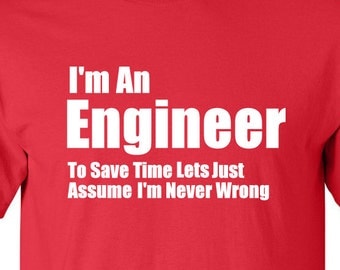If you've ever worked with screws, you know that there are a lot of different types of screws. This poses a problem, in that you need a different screwdriver for every different type of screw. Work stations become crowded and messy, tool boxes overflow, and headaches generally occur. Industrial engineers have to spend money to purchase all of these different screwdrivers to supply laborers with the necessary tools and this generally becomes very expensive. But with a new invention, all of these problems now will vanish with the application of a one-size-fits-all screwdriver.
Originally, screws came in various types that include phillips, flat, hex, and torx bits. For work to be efficient, you would need to have the screwdriver that matches exactly the size and type. Because of this, every screw would usually need a different type of screwdriver and that would lead to a crowded workstation.
The benefits from using this screwdriver isn't limited to just industrial engineers. Basically anyone who uses tools at some point in their daily life would appreciate the versatility of this tool.Mechanics to carpenters, assembly workers to watchmakers; the list is virtually endless.
Now that the invention of the universal screwdriver has made an appearance, hopefully we can look to more tools moving towards the universal versatility option that drastically improves efficiency for people around the world. A couple examples I personally would like to see have more options would be universal wrenches and sockets. Regardless of what follows, the universal screwdriver will be the frontrunner when it comes to tool innovations.
(Image Source: www.toolstop.co.uk)
